Polygon ID Release 5: Boosting Credential Liquidity

Polygon ID Release 5 is live, bringing with it enhanced quantity and diversity of available credentials and marking a major milestone on the path toward building a vibrant decentralized identity ecosystem.
The new release introduces several exciting features: a new on-chain issuer, enhancements to the issuer node, and the addition of a new credentials marketplace. All of the above are designed to simplify the process and expand the possibilities for generating credentials.
New On-Chain Issuer
The new on-chain issuer is a smart contract that empowers the creation of on-chain credentials. These credentials can draw information from both on- and off-chain sources.
On-chain sources of information allow for generation of credentials using publicly-accessible data. For example, a credential that attests token ownership without disclosing the address or a credential reflecting on-chain reputation calculated from specific criteria of a person’s on-chain history.
When the source of information is off-chain, the possibilities expand to generating on-chain credentials using off-chain documents. The client application will take the off-chain document and transform it into a verifiable credential that will remain in the user’s identity wallet. Furthermore, a zero-knowledge proof is sent to the on-chain issuer for verification. This unlocks a range of applications, including the generation of credentials based on an identity card, credentials derived from government-issued PDFs, or credentials certifying that specific information was present on a web page at a precise moment in time.
Improvements in the Issuer Node
In response to valuable feedback from projects and developers using the Issuer Node, the Polygon ID team enhanced its installation and usability:
- Readily accessible on major Cloud Marketplaces like Google Cloud Marketplace (GCM) and Amazon Web Services (AWS);
- The option to store the revocation status on-chain, a significant milestone toward achieving full decentralization for the protocol;
- Finally you now have the option to utilize a DID with an Ethereum address, enabling the use of naming services and leading to more cost-effective state transitions.

New Credentials Marketplace
Discovery of available credentials and their issuers is paramount and has historically been a difficult problem, plagued by inefficiency. The credentials marketplace tackles this problem by streamlining the selection process for developers and making it a breeze to find credentials and their issuing authorities.

“We are not just shipping a product, we are creating an ecosystem,” said Sebastian Rodriguez, Polygon Labs VP of product, Polygon ID. “Expanding the array of credentials available for users is one of the keystones of an ecosystem. The other two being solutions and projects integrating the offerings.”
The Solutions
For issuers, Polygon ID offers the issuer node; wallet providers benefit from the wallet SDK, and dApp developers access the verifier SDK. The “all-in-one” JS-SDK is a perfect fit for building browser-based applications. For identity wallet developers, there is a reference implementation: the Polygon ID Wallet App.
This set of libraries, tools and ready-made applications equip developers with essential tools to enhance their development experience. This includes the query builder, designed to simplify query construction for application developers using zkQuery language, and the schema builder, which aids issuers in discovering pre-existing schemas.
The Projects
Since the launch in February, Polygon ID has facilitated a wide range of innovative projects. Here are some of the latest additions to the Polygon ID ecosystem:
- Edenia is a new implementation collaborator based in Costa Rica which brings a deep expertise in technological innovation fields and specializes in pioneering cutting-edge blockchain solutions. (Video)
- Masca is a MetaMask Snap that adds decentralized identity capabilities to the MetaMask extension. It's an open-source and non-custodial identity wallet that supports multiple decentralized identity methods such as Polygon ID. (Video)
- Monokee is the next-generation cybersecurity IAM framework that orchestrates among others decentralized identity models with Polygon ID. (Video)
- Netki is a leading Identity Validation provider for Web3 and Crypto. (Video)
- ReputeX provides reputation and credit scoring credentials within the Web3 domain. (Video)
Polygon ID team offers support to projects joining the Polygon ID ecosystem. Learn more through our support portal or contact our technical sales team directly.
Read more: Why HSBC is Building a Decentralized Identity Solution With Polygon ID
The Credentials
Polygon ID allows for the reusability and interoperability of credentials by adhering to the Verifiable Credentials W3C standard. Once an issuer grants a credential to the holder, it can be reused indefinitely as long as it remains valid and unrevoked by the issuer. These credentials can also be effortlessly shared with other parties in accordance with the VC W3C standard. For a list of available credentials, visit the credentials marketplace.
In addition, the recently launched “Polygon ID Common Schemas Initiative” aims to provide reusable credential schemas for popular use cases including KYC, tourism, gaming, DAOs. The first common schema released is the “basic identity schema,” which can be reused and expanded upon by issuers in the Polygon ID ecosystem.
Follow Polygon ID on X (Twitter), subscribe to the newsletter or contact the business development team. Tune into the blog and our social channels to keep up with updates about the Polygon ecosystem.
Together, we can build an equitable future for all through the mass adoption of Web3!
Website | Twitter | Developer Twitter | Forum | Telegram | Reddit | Discord | Instagram | Facebook | LinkedIn



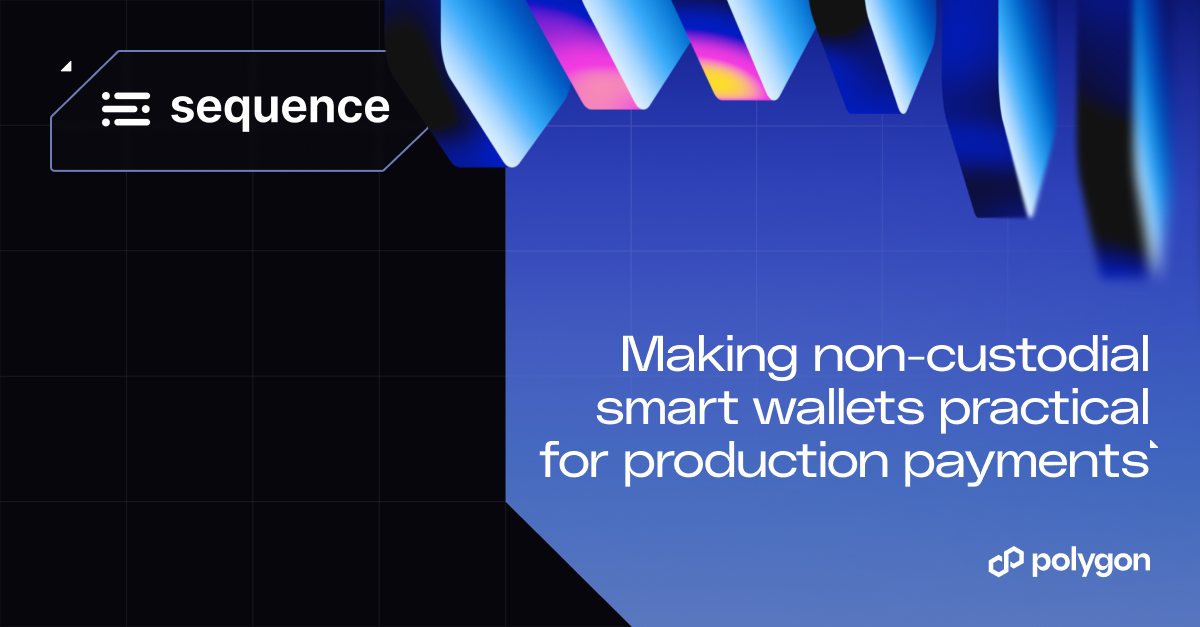


.jpg)
.jpg)
.png)

.png)

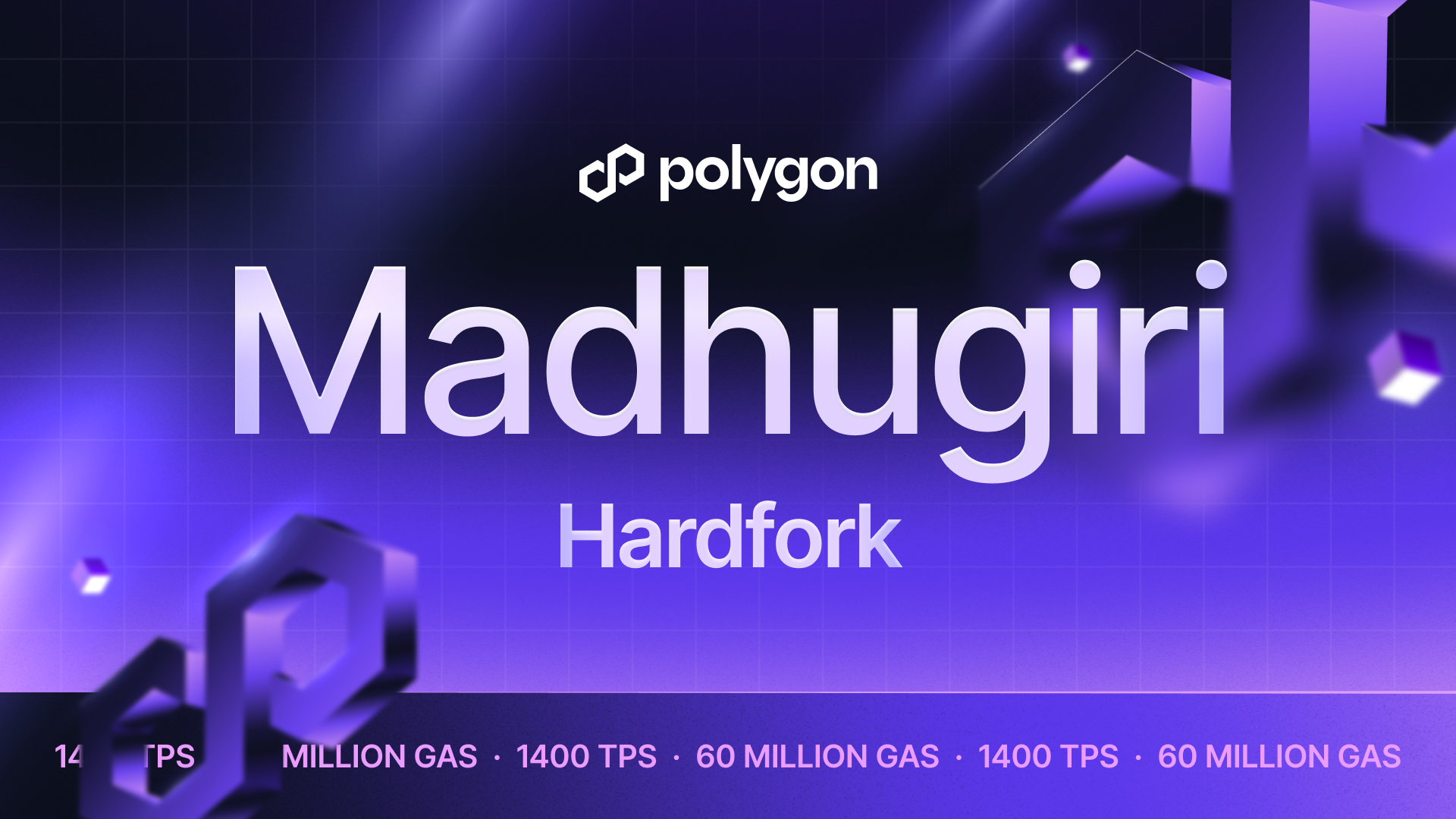
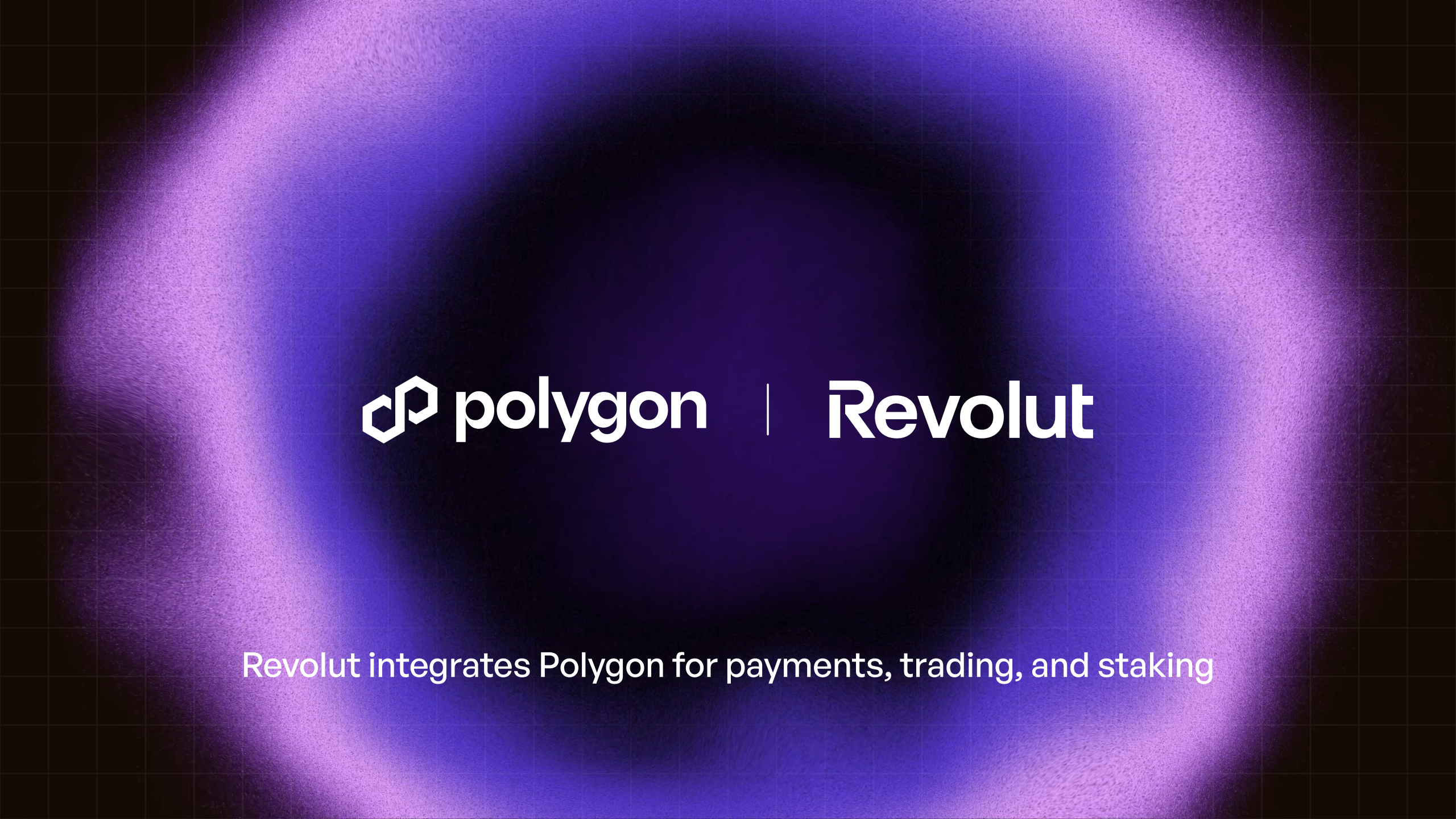
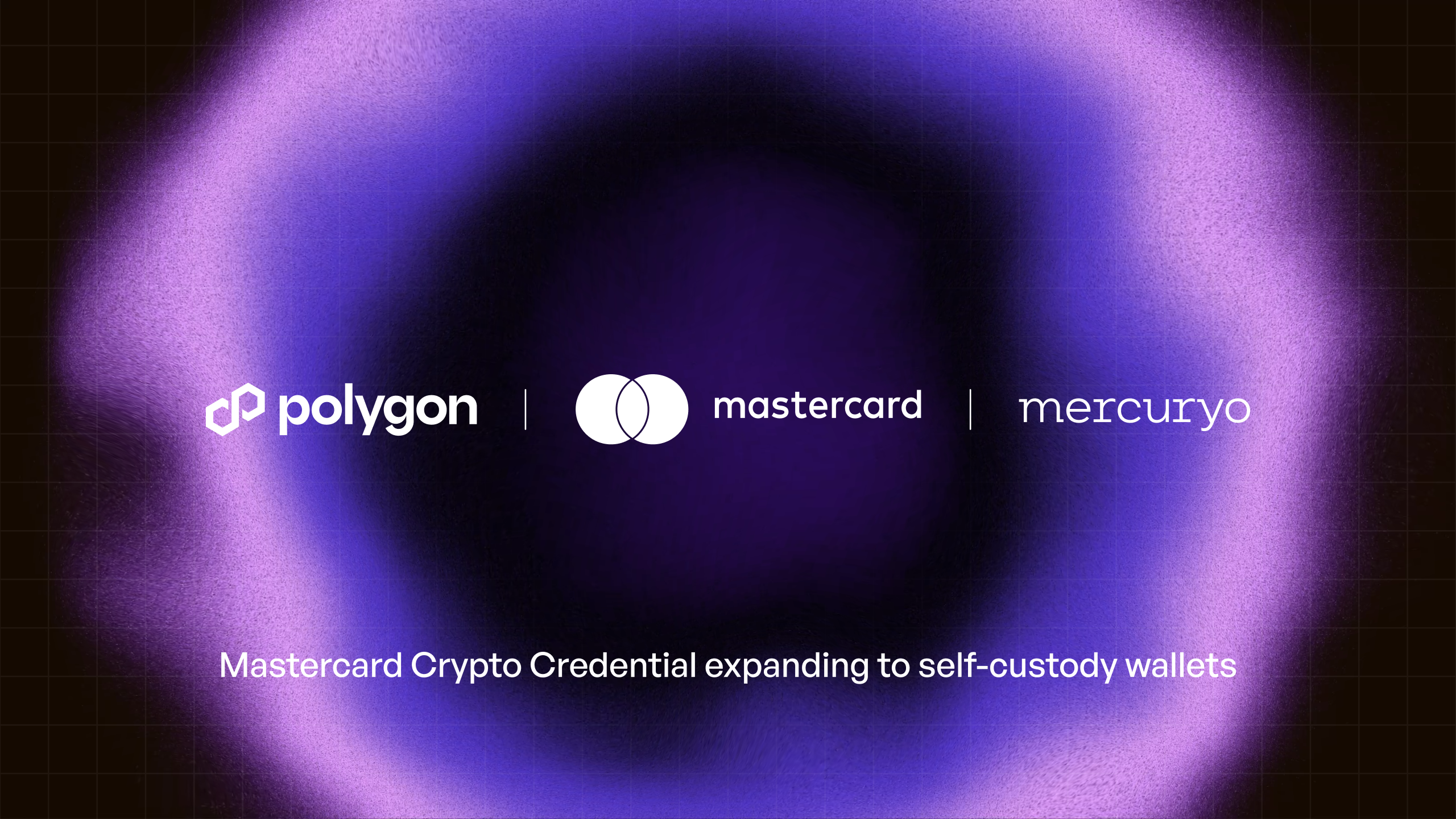
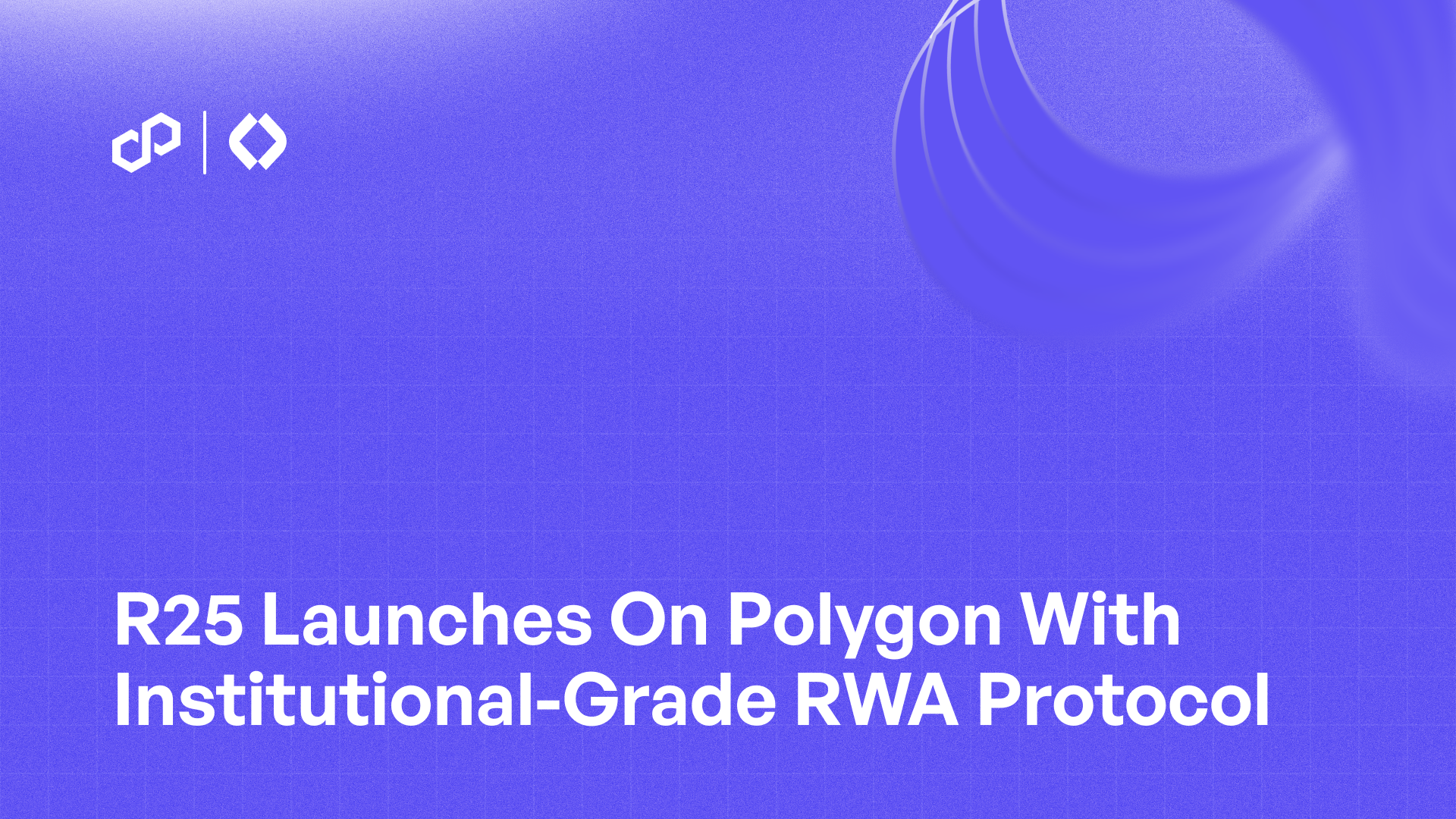
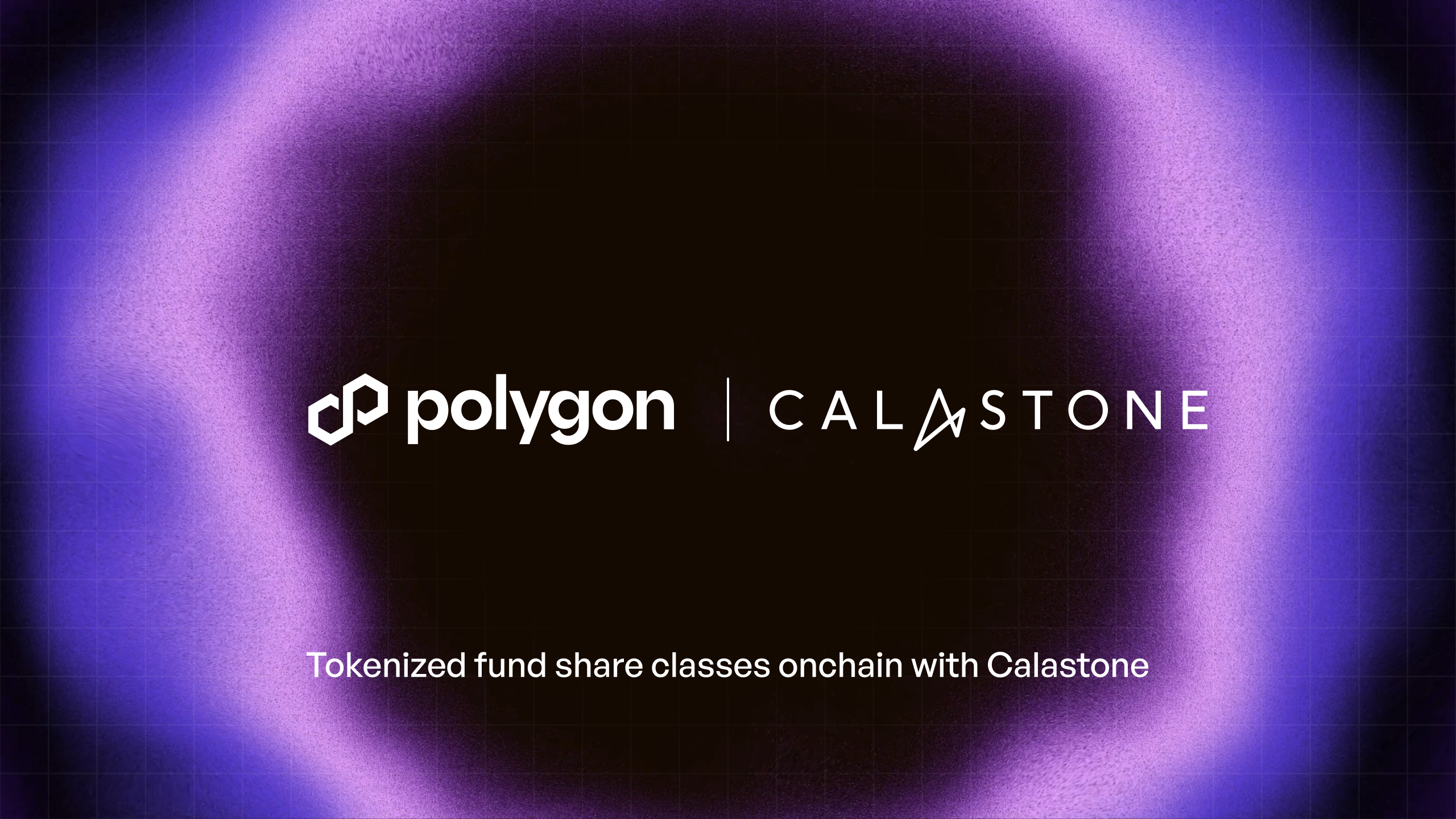
%20(1).png)